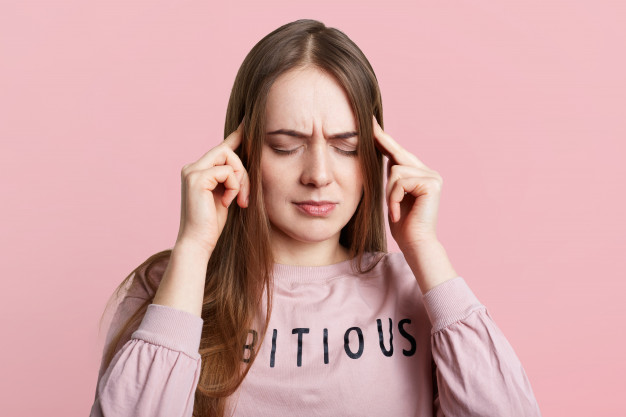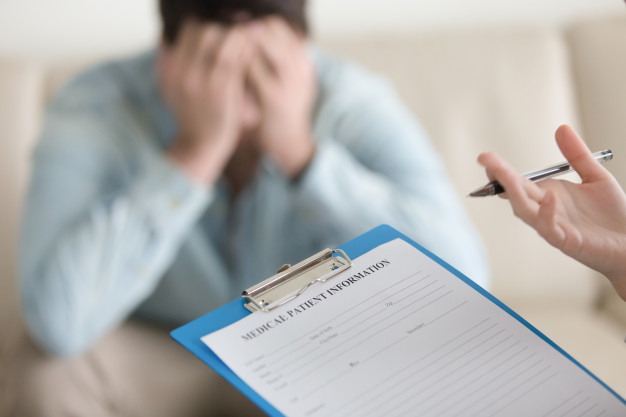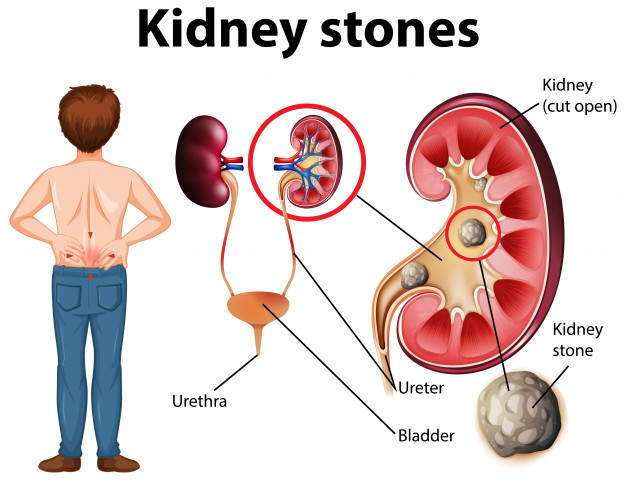Table of Contents
Introduction:
World Mental Health Day receipts place on October 10, and this year it is all about making a positive impact on mental health to reduce stigma.
An excellent first step is knowing what mental health problems are and how you can take care of your mental health

This can help if:
They want to know what causes mental illness.
You want to find ways to improve your mental health.
Girl on the porch look
What is mental health?
In general, “mental health” refers to our state of mind and our ability to cope with the everyday events around us. Someone in “good” generally feels able to deal with the everyday situations that we all experience.
For someone with a mental illness, coping with everyday life is often much more difficult, if not impossible. Mental illness is widespread in Australia. About one in four people between the ages of 14 and 25 have a mental illness at some point.
Keep in mind that this is a straightforward definition of mental health and that it is perfectly normal for most people to have some health problem, which means they go through ups and downs in life. Only when these difficulties last longer than usual and nothing makes them go away can they be considered a mental illness.

What Causes Mental Illness?
It is simply not possible to determine the exact cause of a particular mental illness because it is widely believed that mental illness involves a combination of factors, which may include some of the following:
Also read:13 Health and Nutrition tips that are truly evidence-basedhttps://thehealthnbeauty.com/health/health-and-nutrition/
Biological factors:
Someone with a history of mental illness in their family is more likely to develop health problems, which means genetics are more likely to play a role. Hormonal balance is another biological factor that is known to affect our health.
Early Life Events:
Traumatic events that occur at an old age, such as neglect or abuse, can have a profound impact on our mental health later in life.
Recent life events:
current events can also affect our health; B. ongoing stress from study or work or the loss of a loved one.
Psychological factors:
Unlike our environment and our circumstances, mental illness is also influenced by our thoughts and feelings. Examples of this are our feelings about our body image or our low self-esteem.
Substance Abuse:
Drugs, including alcohol, have potent effects on our brains, and the results are often unpredictable. Heavy drug use is known to have adverse effects on mental health.
Common signs of mental illness
Some common symptoms of mental illness include:
I’m more worried than usual
Loss of interest in activities you usually enjoy.
always in a bad mood
Difficulty sleeping or sleeping much more than usual.
cry for no apparent reason
feeling depressed, sad, or unmotivated
struggles to focus
Changes in eating habits (eating more or less)
Has difficulty performing at school or work.
turning to alcohol or drugs to deal with them
You have trouble coping with or participating in daily activities.
You are isolating yourself from family or friends.
It is worth noting that many of the symptoms associated with mental illness can appear just as quickly in everyday life. Therefore, it is essential to seek the advice of a psychologist before concluding what is happening.
If any of these symptoms persist for more than two weeks, it doesn’t necessarily mean something serious is going on, but it’s worth discussing with someone you trust. If you consume had any of these symptoms for a long time, it is a good idea to make an appointment with your GP to discuss them.

How to take care of your mental health
While mental illness cannot always be prevented, there are some simple things you can do to take care of your health. The following tips may help prevent health problems from developing in the first place, or they may help you deal with the milder symptoms of some health problems:
Exercise regularly (to release endorphins that improve your mood).
Surround yourself with people who support you.
Take time each day to relax.
Take the time to do the belongings you like (like walking on the beach).
Stay in touch with your friends and family.
Use technology that is supposed to improve your well-being. ReachOut has several mobile apps that you can use to take care of yourself.
If you’ve tried some of these suggestions and you’re still having trouble, something more serious may be going on, and it’s essential to see your GP.
What can I do now?
Read some tips on how to practice self-care.
Try the ReachOut NextStep tool for customized support options based on your operations.
Read some ways to help organize your thoughts.



